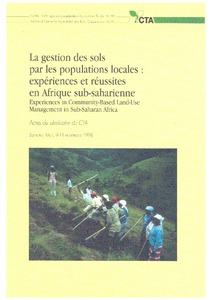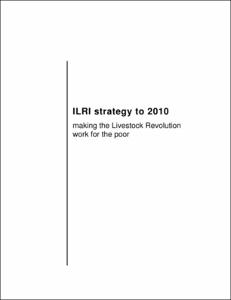Collective action, property rights, and devolution of natural resource management
Policies to devolve responsibility for natural resource management to local bodies have become widespread in the past 20 years. Although the theoretical advantages of user management have been convincing and the impetus for devolution policies strong, the actual outcomes of devolution programs in various sectors and countries have been mixed.







